When it comes to inclusivity, how would you rate your organization? Diversity, Equity, and Inclusion are not just industry buzzwords—they are essential components in the workplace. When all three are held to the highest standards, it establishes a healthy and productive culture. In fact, data shows that the organizations that wholly embrace DE&I have higher retention and produce better results.
So, with all the talk about Diversity, Equity, and Inclusion, why are so many companies still struggling to get it right? Or even make any meaningful progress?
At our recent MTM Summit at the NFL Headquarters in NYC, we convened a large group of CMOs to discuss providing safe spaces and fostering inclusivity in the workplace.
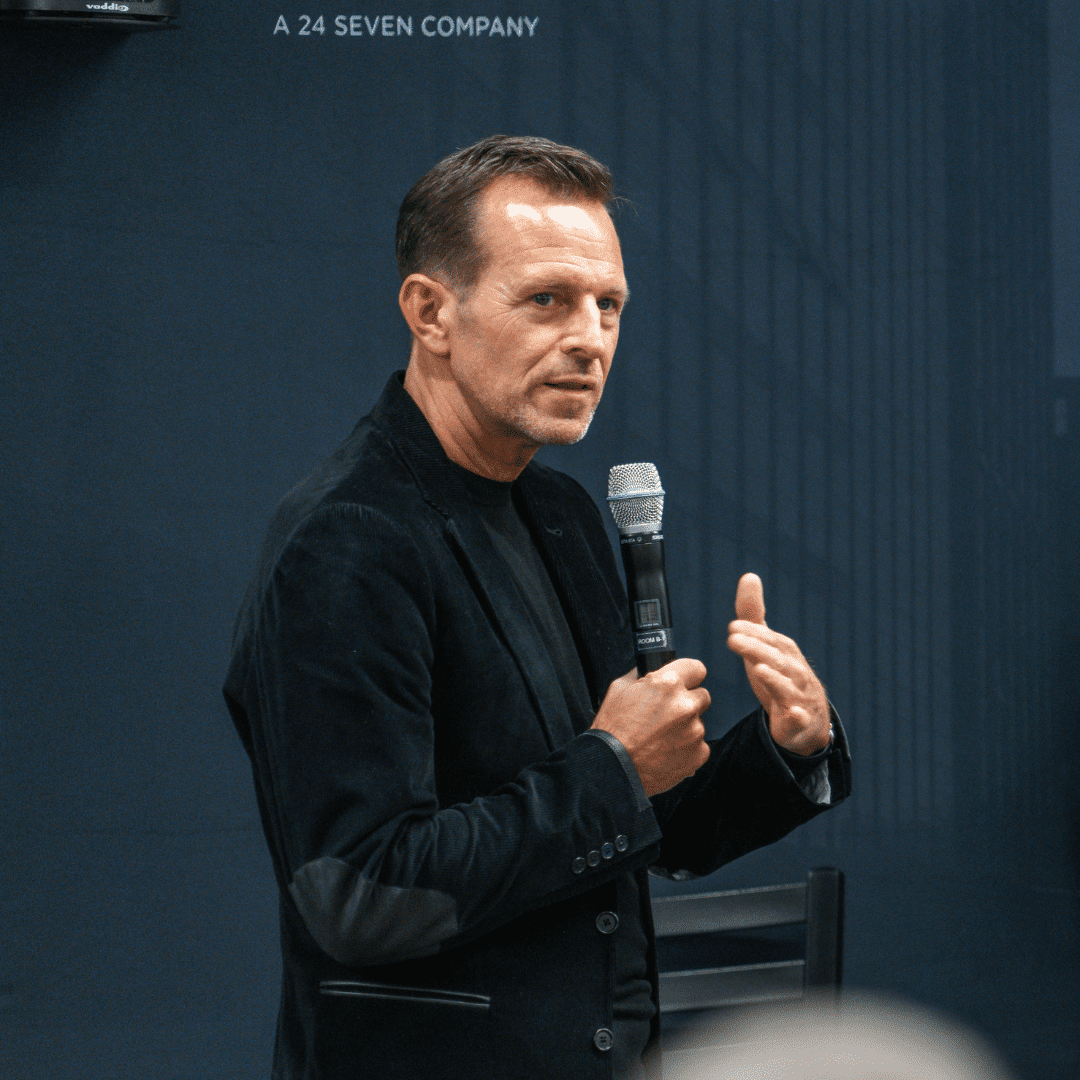
David Dancer, Fractional CMO and LGBTQ+ activist, led a panel of prominent leaders to share ideas on what’s working, what’s not, and what’s possible. Featuring:
Jeanine Liburd, Chief Social Impact and Communications Officer at BET
Brad Jakeman, Chairman of the Board for the LGBT Center and Senior Advisor at BCG
Shelley Zalis, CEO of the Female Quotient
Corey Smith, Head of Diversity and Inclusion North America for LVMH
This article will discuss how to capture consumers’ attention across increasingly fragmented channels and leverage emerging tech and insights to create campaigns that break through the noise. Factors like relevancy, societal impact, strategic partnerships, and more can go a long way.
Here is what they had to say at the NYC MTM Forum, and how it could impact your team, talent, and future.
Overview:
- Overcoming the Fear of Otherness
- Giving People What They Want
- Embracing Others with Empathy
- The Solution is Simple: Just Do It
- The Road to Progress
Overcoming the Fear of Otherness
Despite numerous studies and data sets showing that DE&I positively impacts businesses on multiple fronts, why do you think there are still challenges when trying to get organizations to join these efforts?
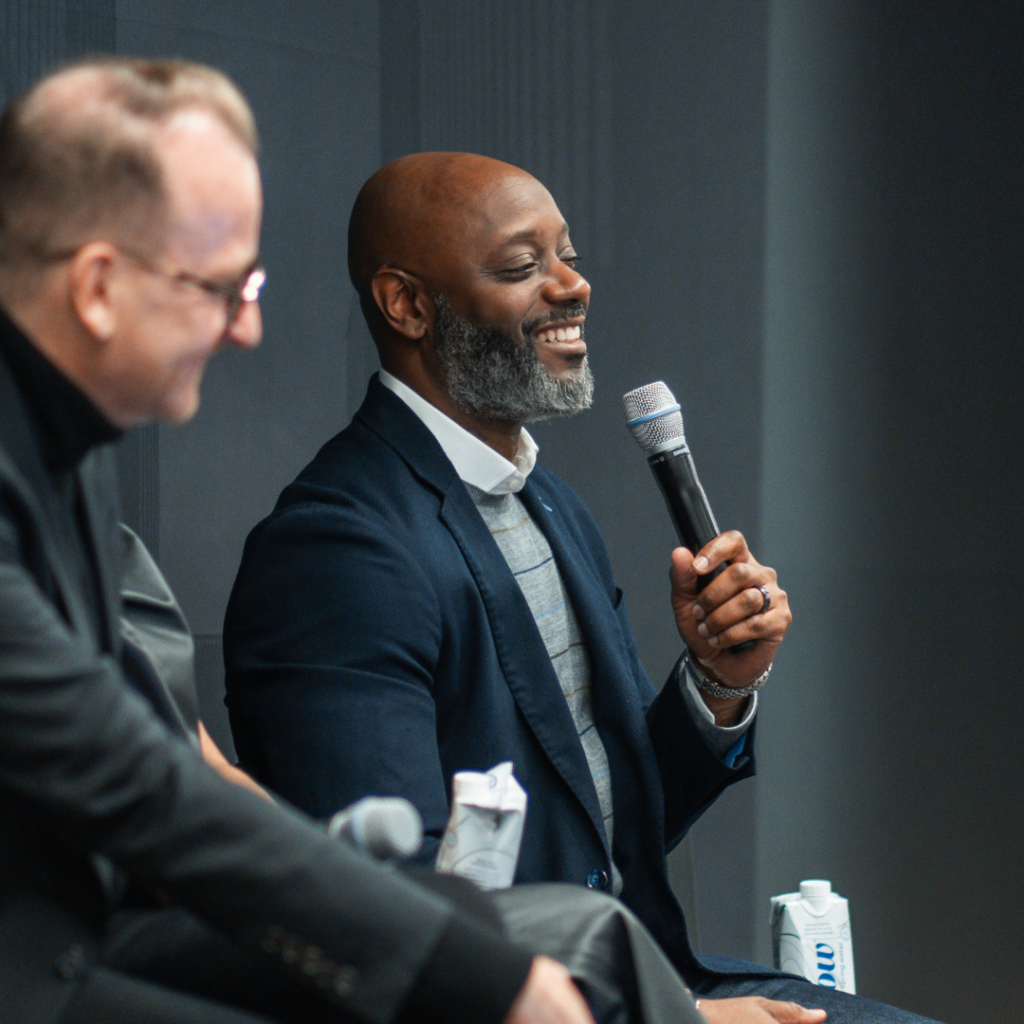
Corey Smith: People like to operate in their bubble; otherness scares them. It’s about being more informed about the person sitting next to you, but people don’t always engage with colleagues in that way. We’ve been told in corporate America, while you’re at work, don’t talk about religion, politics, or anything affecting people in their real lives. All the people who have navigated this corporate code are now the leaders. They’ve never talked about these things and don’t know how. But after 2020, we need to talk about it.
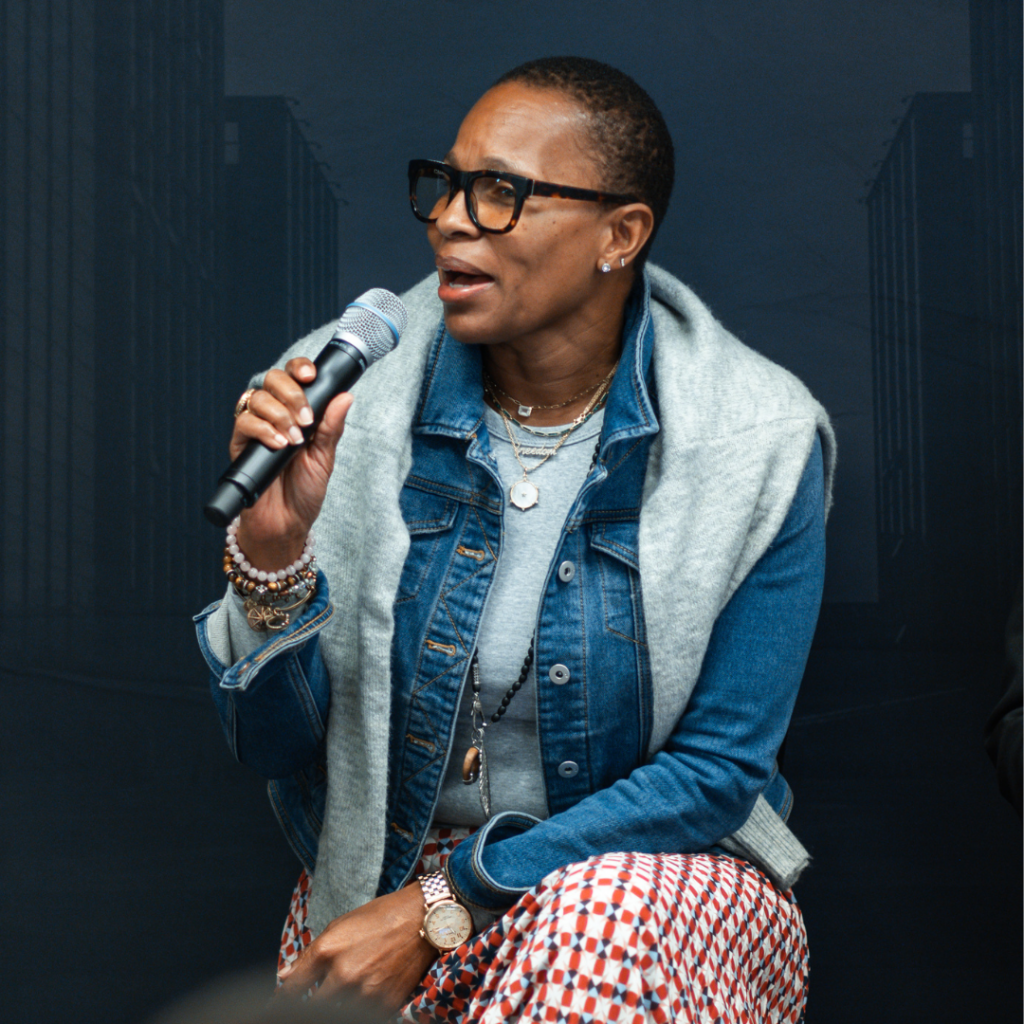
Jeanine Liburd: Leadership makes all the difference. When I started at Viacom, Tom Freston, the former CEO of MTV Networks, understood that people are better when they’re around people who don’t look like them. It starts with leadership from the top, and from there, you can manage and execute. Tom incentivized [DE&I] and made it cool. People wanted to be near this leader, and since he cared about diversity, they cared too. Diversity initiatives are successful when you have full commitment from leadership.
Giving People What They Want
What are the implications of the advancements we’ve made due to the pandemic?
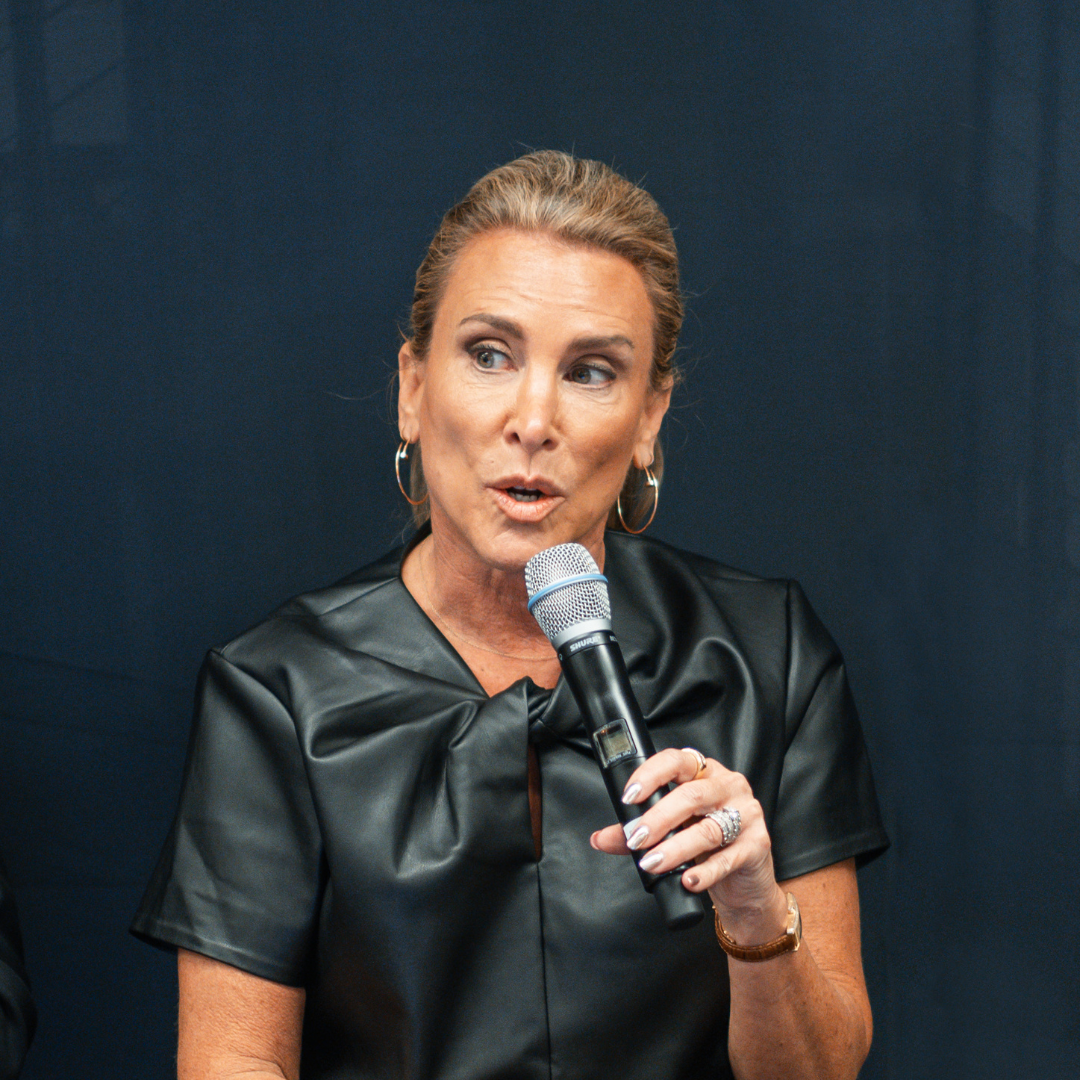
Shelley Zalis: We went from in-person conferences to virtual ones with women worldwide. We’re talking a lot about “the Great Resignation,” but nothing’s new; it’s the same thing in different packaging, and social media took it to a new level.
“Quiet quitting” is employees rebelling; they feel disengaged. They want a work-life balance and a complete life.
The pandemic has created a new perspective and made us look inward to find our purpose. Employees want purpose and to rewrite the rules of the workplace.
In terms of DE&I, we’ve gone backward. Although diversity has widened, women are leaving the workforce in greater numbers. We’re talking about flexibility, yet we haven’t found solutions that work. Caregiving is a big challenge for women. We must redefine what caregiving looks like, what family looks like—it’s not just a women’s issue, it’s everyone’s issue. It is essential to design new workplace rules in collaboration with our workforce.
Embracing Others with Empathy
Marketers are viewed as the creatives and champions of culture. What advice do you have for marketers to navigate that role?
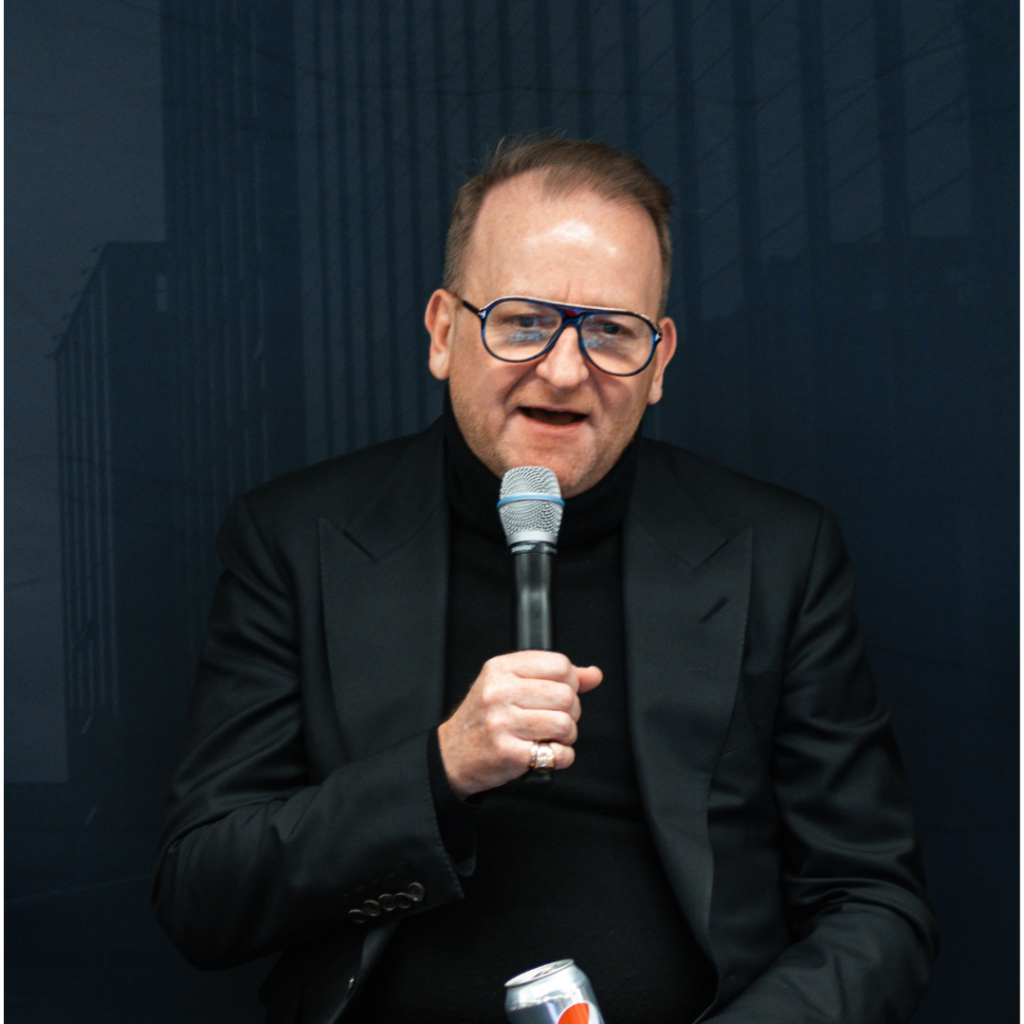
Brad Jakeman: How do we foster more engaged people? It’s about joy and interpersonal connection, but equally important is being able to bring your whole self to work.
In the survey conducted by Boston Consulting Group and the LGBT Center, we found that 40% of LGBTQ people did not feel comfortable coming out at work, and 77% percent experienced microaggressions.
Although we’ve done well with diversity – there are more LGBTQ-identifying people in the workforce than ever before – we’re not doing a great job with inclusion.
There’s a community of people who don’t feel comfortable bringing their whole selves to work, and many would happily find another job where that is not the case. We’re letting people leave because we’re not being welcoming.
Great marketers have empathy, use data, and are storytellers. We must focus as much attention on internal audiences as external ones and spread the message of bringing your whole self to work.
The Solution is Simple: Just Do It
What is one piece of advice you would give for listeners to bring back to their organization?
Jeanine Liburd:
1) Do something unexpected.
2) Do something that stretches you.
3) Engage with a community you haven’t been in and cross lines to have these conversations.
It’s helpful to create a safe space because, without a shared experience, you can’t always have an honest and open conversation amongst your team. At our recent team outing, we saw a controversial play and, afterward, unpacked the heavy topics. Team members who belong to the LGBTQ community shared insight on the topic. We created a safe space to have these essential discussions. A great piece of storytelling anchors a conversation and allows everyone to enter what can be an uncomfortable place from a level playing field.
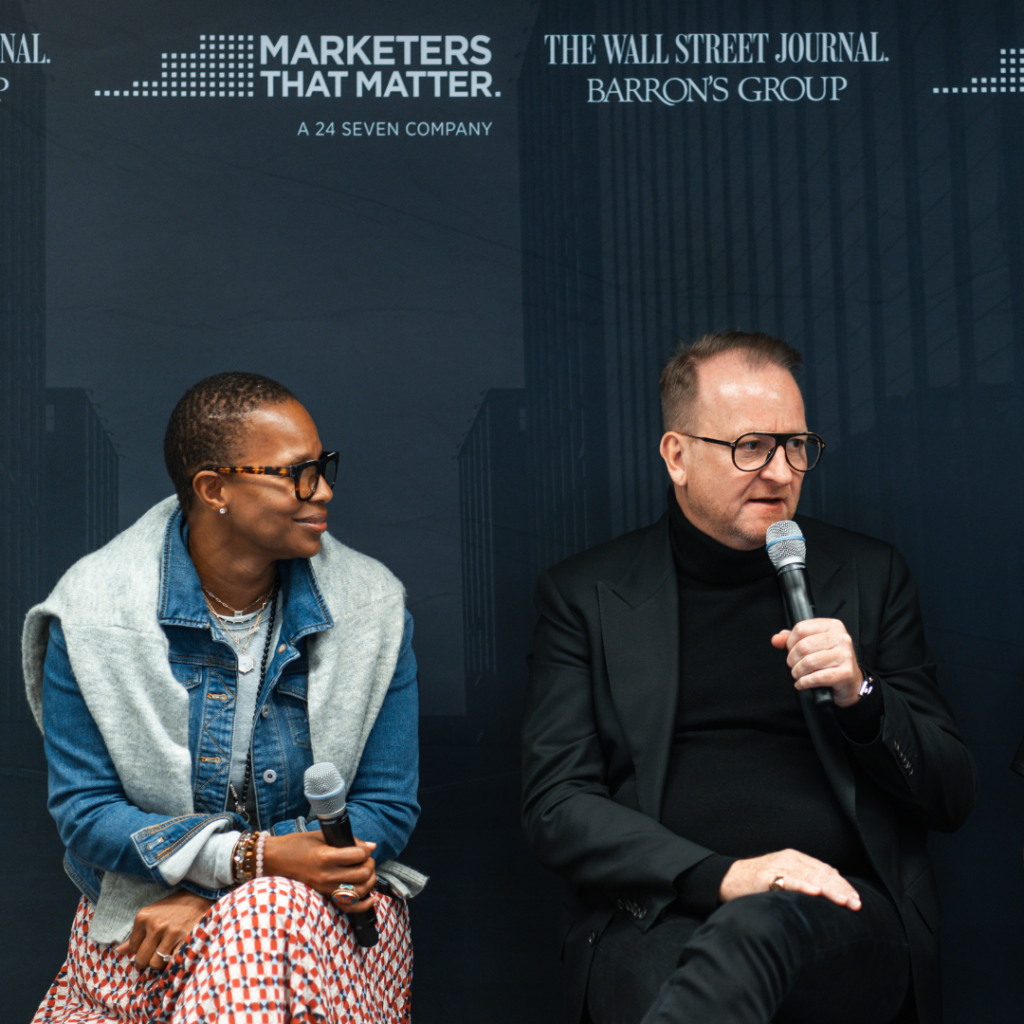
Brad Jakeman: Academic institutions have done more research than you could imagine on the economic value of diversity and the competitive advantage that diversity brings.
Yet, we are still in this situation. We have made some progress, at least from a numbers perspective, but from an inclusion perspective and how it feels as a nonwhite straight male, it’s a different story.
Leave this conversation and decide to do two things differently that will advance the cause of diversity, inclusion, and equity. I don’t want to ever be on a panel talking about the problems again; I want to talk about the solutions.
“Despite meaningful progress in some areas, the unavoidable fact is that most LGBTQ do not feel truly included in the workplace.” – Brad Jakeman Share on X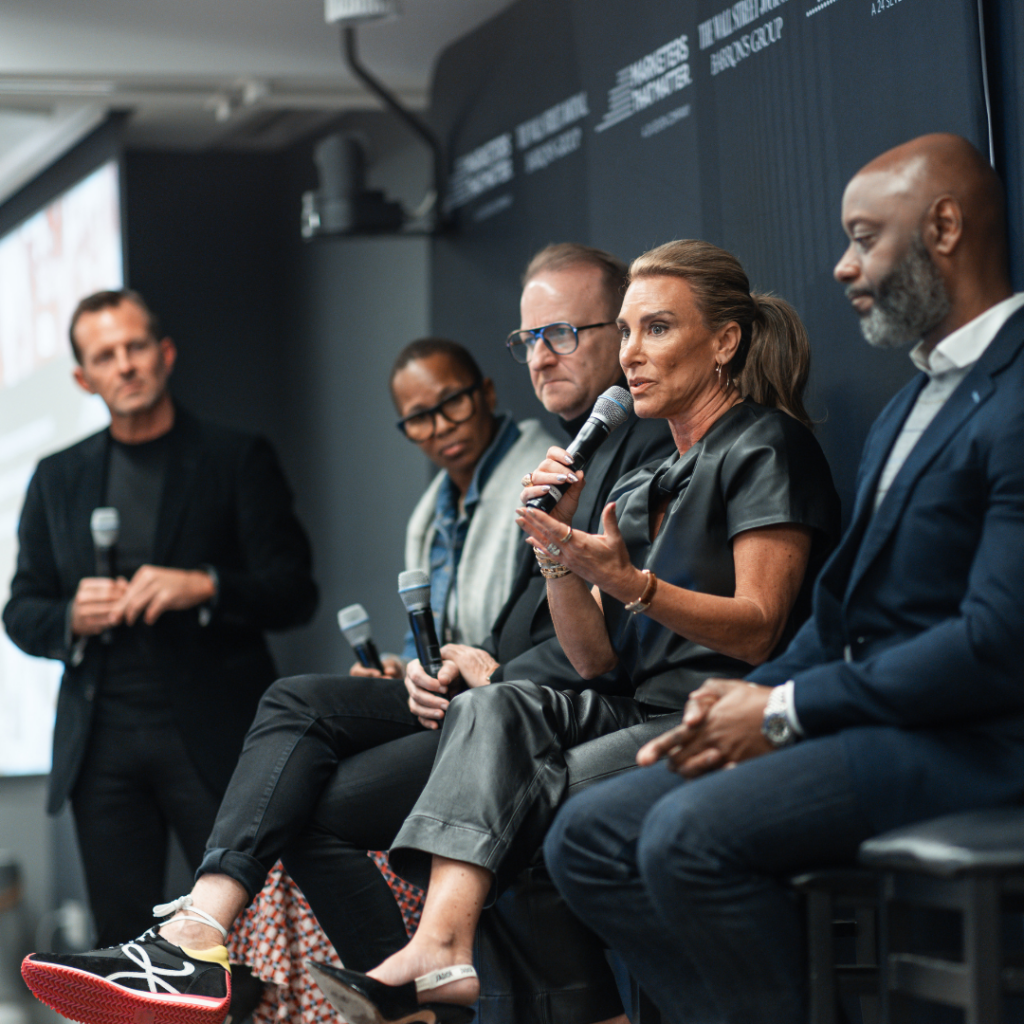
Shelley Zalis: The World Economic Forum says it will take 132 years to close the gender equity gap. You’re all leaders. You all have the power to make a difference. Nothing little is going to make a difference.
You’re all CMOs; your boss is the CEO. If we have 10 Fortune 500 CEOs leading the way, it will only take five years to close the gender equity gap.
It’s so easy. Just put women in leadership. If the 10 CEOs do it, the rest will follow. We can make a difference.
Corey Smith: You must separate your personal convictions on this topic from your business goals. A company has DE&I initiatives, but everyone reads the email and then puts DE&I in a box on their desk. It sits there until an emotion triggers them to open the box. That is not enough. DE&I initiatives cannot just be tied to emotions. You must mesh them with your work and tie them to the business.
The business case for DEI is the continuous duality and coexistence of morality and profitability in the workplace. We know it’s the right thing to do, but we need to turn it into action. Take the DE&I box, turn it completely upside, and sprinkle it all over your work. As you do storytelling, picking direct reports, hiring internally, or trying to affect the customer, make sure DE&I is in there—don’t wait for some emotional event, do it.
The Road to Progress
If we ever hope to achieve tangible progress, it is essential to identify areas for improvement and growth. Much needs to change for DE&I to be achieved. The four speakers provided key insights into what is working, what’s not, and what’s possible.
What’s Working
- When organizations embed DEI into their DNA, it shows up throughout the entire system.
- Those who include DEI in their hiring practices and development, create safe spaces for honest dialogue, and lead the way through behavior that reinforces DEI from the top down, are seeing success.
- When employees see their leaders investing in diversity, they feel included and empowered.
- Empathetic storytelling.
- The conversation has started
What’s Not
- Too many organizations still not committing to being fully vested in DEI.
- Too much talking, not enough doing. As evidenced by so many PoC employees still feeling that their organizations are not inclusive and planning to leave the marketing industry all together.
- LGBTQ people do not feel comfortable coming out at work, and 77% percent have experienced microaggressions.
- The World Economic Forum says it will take 132 years to close the gender equity gap.
- Not enough emphasis on Inclusion efforts.
- Too much talking, and not enough action.
- Women are leaving the workforce in greater numbers. Not enough organizations are offering flexibility for women
What’s Possible
- Separate your personal convictions on this topic from your business goals.
- Untie DE&I initiatives from emotions.
- Talk to people who don’t look like you; get to know their stories and the problems they face.
- Proximity is the fastest path to empathy.
- If we have 10 Fortune 500 CEOs leading the way, it will only take five years to close the gender equity gap.
- Do the work to understand why most DEI efforts are not effective or provide long-term solutions.
- Be the champion within your organization to drive change.
- Make the effort to have conversations with your team and use prompts like a great piece of storytelling that allows everyone to enter what can be an uncomfortable place from a level playing field.
- Do something unexpected.
- Do something that stretches you.
- Engage with a community you haven’t been in and cross lines to have these conversations.
- Focus as much attention on internal audiences as external ones and spread the message of bringing your whole self to work.
- Hire empathetic talent.
Looking for Next Steps?
Check out a list of our most recommended places to start here:
- Listen to Shelley Zallis and Claudia Romo Edelman’s Visionaries episode: The Future of Women Leaders.
- Listen to Kimberly Evans Paige and Steven Wolfe Pereira’s Visionaries episode: The Power of Cultural Currency in this Visionaries episode.
- Use your voice to inspire change. Listen to Eric Toda and Walter Geer III’s Visionaries Episode.
- Break stereotypical consumer profiles. Listen to Lee Applebaum and Jason Brown’s Visionaries episode.
- Get involved with Female Quotient’s Advisory Services, Toolkit, and Equality Lounge
- Support Latina Equal Pay Day – December 8th, 2022
- Redefine the rules of caregiving and what family looks like – Fair Play
- Build more diverse, equitable, and inclusive workplaces – Jopwell
- Pursue training and skills development, online and offline, to help people, especially women, gain the ability to realize their potential and make a greater contribution to society – We Are All Human
- Join the Black Executive CMO Alliance Membership – BECA
- Hire Diverse Talent – Diverse Creatives
- Show your support to the LGBTQ+ Community – Donate to the LGBT Center
_________________________________________________________
Visionaries, hosted by Nadine Dietz, airs every Tuesday at 9 AM PT and is brought to you in partnership with The Wall Street Journal. Each week, two new visionaries share their game plan and how that impacts today’s teams, talent, and hybrid work environment.
Moderated By David Dancer, Fractional CMO and LGBTQ+ activist: David Dancer is a top marketing executive who pioneers global marketing, branding, retail, eCommerce, and customer experience. He is an interim CMO for NGDATA and has held top marketing leadership roles at major brands, including OPY, Inspire Clean Energy, Med Men, The Wonderful Company (Teleflora), Charles Schwab, Visa, and American Express. Forbes recognizes him as a Top 50 Marketer, and while at Med Men, he created the first national cannabis campaign, “The New Normal,” which was recognized with a Cannes Lion Award. David has served on the National Board of Directors of the Gay, Lesbian, Straight Education Network (GLSEN) for over ten years and advocates for human rights and equality.
Corey Smith, Head of Diversity and Inclusion North America, LVMH: Corey Smith is a seasoned business professional with 20+ years of experience in Diversity & Inclusion and Procurement across various industries including: manufacturing, education, technology, consumer products, entertainment, media, sports and luxury goods.
Jeanine Liburd, Chief Social Impact and Communications Officer at BET: Jeanine Liburd is the Chief Social Impact and Communications Officer for BET, a unit of Paramount Global the leading provider of quality content for the African American audience and consumers of Black culture globally. In her role, Liburd leads and elevates a portfolio of multiplatform social change initiatives that empowers the BET audience to have an impact on the critical issues facing the Black community today. Additionally, she leads the company’s corporate communications, internal communications, social responsibility, and events teams.
Brad Jakeman, Chairman of the Board, The LGBT Center, Senior Advisor, BCG: Brad Jakeman is a global operating executive with a marketer’s heart. He has a reputation for building new capabilities and business models that drive transformation, unlock growth, and focus on sustainability. Developing and executing category-disruptive strategies that challenge the status-quo, make an impact in culture and create value by building famous, world-class brands and operating models is what he does best. Adweek named him in the top five of the “most Indispensable Executives in Tech, Media, and Marketing” for two consecutive years, Advertising Age named him as one of the “Top 50 marketers,” and the Australian newspaper included him as one of the “top 20 people shaping global media.”
Shelley Zalis, CEO The Female Quotient: Shelley Zalis has devoted her career to support and bring visibility to women. She pioneered online research and was the only female Chief Executive in the industry’s top 25. As founder and CEO of FQ, she unites leaders across industries to advance equality. She is proud to help close the gaps holding women back across parity, pathway, pipeline, and policy. Zalis is an admired speaker and member of the Washington Speakers Bureau, a skilled moderator, and author of a Forbes column mentoring women to advance in their careers. She is co-founder of #SeeHer and sits on the board of directors for MAKERS and ColorComm.
Marketers That Matter® is a community of top marketing executives coming together to pioneer the future of marketing, sharing real-time experiences, and solving current challenges.
Our parent company, 24 Seven, specializes in helping you find exceptional marketing and creative talent for your teams.


